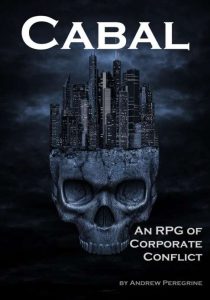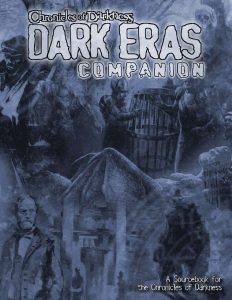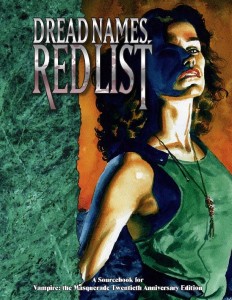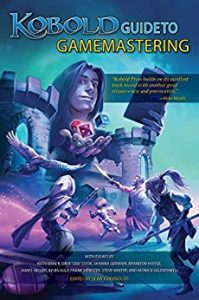I am pleased to announce that my next convention will be WisCon at the end of May. The guests of honor are Amal El-Mohtar and Kelly Sue DeConnick. I am participating and moderating several panels, and I am anxious to hear what this year’s stellar speakers have to say. Hope to see you at the show!
Tropes In SF Novels, Comics, and Video Games
Sat, 1:00–2:15 pm Location: Conference 1
Kate M Lansky (M), Jake Casella, Monica Valentinelli
SF is a genre that crosses media — novels, poetry, comics, video games, movies, and TV. How do SF stories differ from medium to medium? What tropes does each medium use and why? What kinds of stories are in vogue in each medium? Are there SF tropes that are better used in novels? In games? And why?
Portraying Resistance: Fiction Media and News Media
Sun, 10:00–11:15 am Location: Assembly
Monica Valentinelli (M), Nino Cipri, Ian K. Hagemann
How are resistance movements portrayed in speculative fiction? While some forms of fiction glamorize resistance movements (Star Wars comes to mind) there is a wide gap between this and how news media portrays, for example, the Ferguson movement. Are the only safe resistances fictional (or historical) ones? How do we get from “riots” to “heroic uprisings”? Fictional resistances are also able to gloss over the problematic details of committee meetings, arguments between members, lack of funds, trying to feed crowds, unequal division of labor, and trying to come to consensus. Are there fictional resistances that deal with these details and with sexism, racism, homophobia? Can we learn from fiction how to portray real resistance movements as heroic?
Why Is “Casual” a Dirty Word in Gaming?
Sun, 1:00–2:15 pm Location: University C
Monica Valentinelli (M), Katherine Cross, Ann Lemay, Katherine Olson (Kayjayoh), Beth Plutchak, Katie Sapede
Video gaming is set to become a 99.6 billion dollar industry and is cemented into the mainstream. Why are “casual gamers” still a hated group? Why do we need to separate them from “hard-core gamers”? Let’s explore why some in the gaming community hold on tightly to excluding “casual gamers.”
Worldbuilding Through Profanity
Sun, 4:00–5:15 pm Location: Caucus
Monica Valentinelli (M), Dylan Edwards, Benjamin Rosenbaum
Swearing is something that comes naturally to people. Swearing is also highly cultural. ‘Damn!’ only works if a culture has the concept of damnation. Short versus long invocations, it all goes together. How do you construct a swearing culture for a new people? How does it vary by social class? Let’s find out.
Registration is capped, so if you’re interested in attending be sure to visit the WisCon website.




